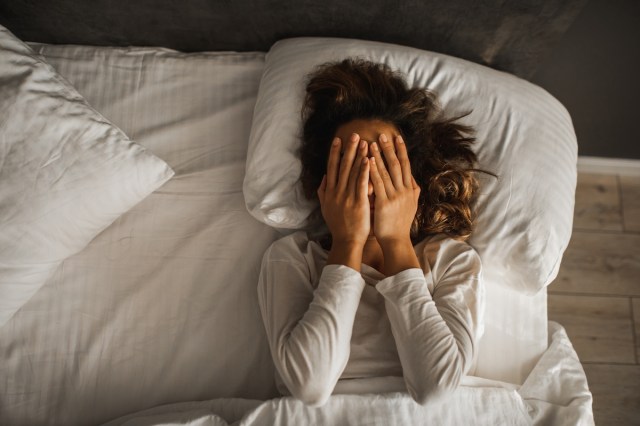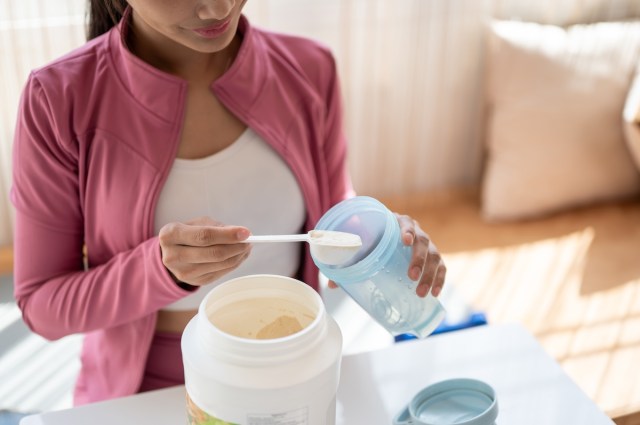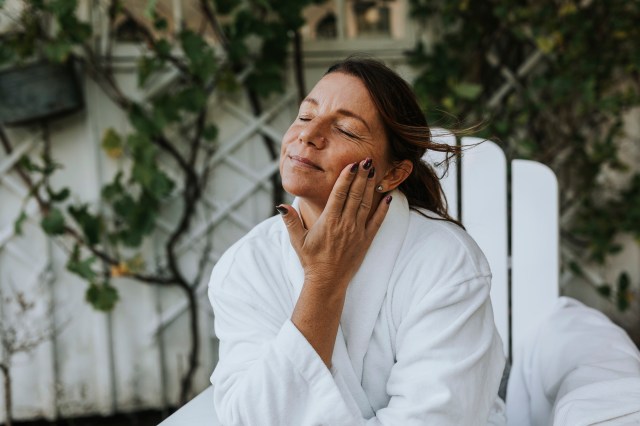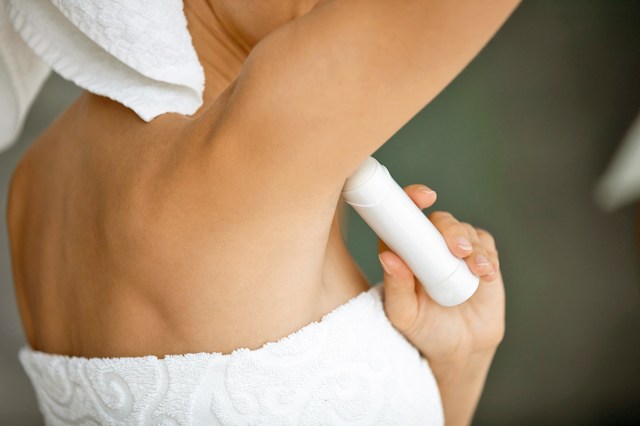Hiccups are one of life’s most annoying occurrences. At best, they can be an irritating but silly inconvenience — but at their worst, they can be actively disruptive to your day. While some people are able to take hiccups in stride, many find their abrupt arrival frustrating and tedious to deal with. There are several myths about how to “cure” hiccups, ranging from the practical to the truly absurd. But is there a surefire method to get rid of them?
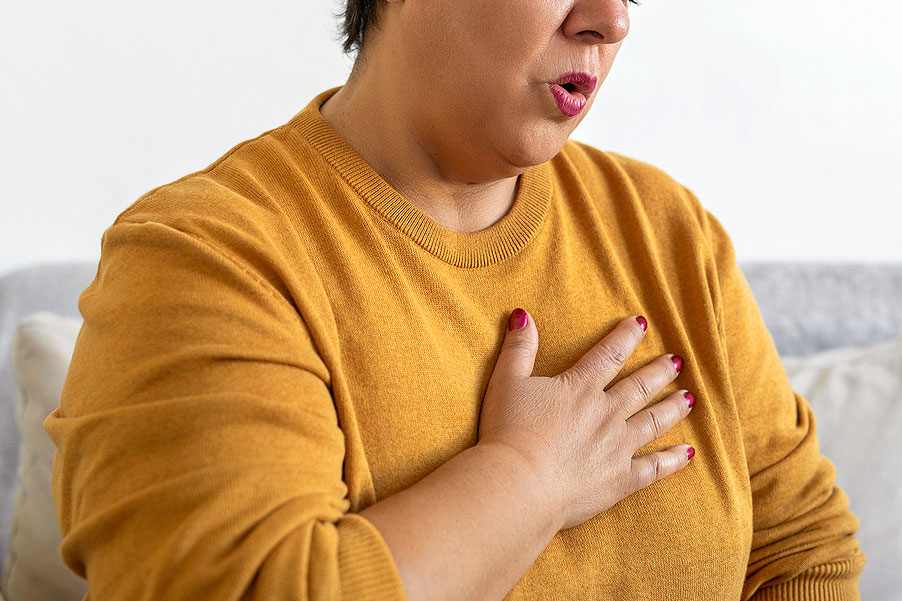
What Are Hiccups?
Hiccups may feel like they come from your lungs, your stomach, or even your esophagus, but they are actually spasms that take place in your diaphragm, a muscle between your lungs and stomach. Your diaphragm typically pulls downwards when you breathe so your lungs can take in more air. However, when this muscle spasms, your vocal cords close and re-open quickly, creating the classic “hic” sound.
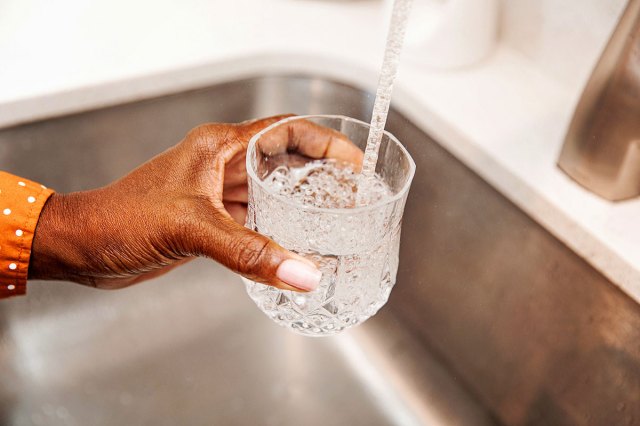
Myths That Simply Don’t Work
When searching for a way to get rid of hiccups, there are a few urban legends that definitely don’t work. Putting a cold knife on your tongue, swallowing a teaspoon of granulated sugar, scaring someone, or trying to drink water out of the opposite side of a glass are all tricks designed to disrupt your nervous system, redirecting your brain to care about something other than your diaphragm. While reorienting your brain’s priorities may potentially stop your hiccups, none of these strategies are proven to consistently work every time and can be filed under “old wives’ tales.”

The Go-To Cure Scientists Swear By
To stop hiccups, it’s important to go to the source: the diaphragm. Decades of research have found that you can disrupt the spasms by expanding your lungs. This means the most effective cure involves inhaling, holding your breath for as long as possible, and then inhaling a little more. This makes your lungs as big as possible, squashing out excess air or muscle twitching in your diaphragm and leaving no room in your body to hiccup.
Beyond taking deep breaths, you can also try to cut hiccups off before they start. Try to be mindful of not eating too fast or too much, gulping air when you drink, or drinking carbonated beverages.
Reader Favorites

Hiccups Aren’t Permanent, So Don’t Fret
Hiccups will typically go away on their own, regardless of how you go about your day. If you find that your hiccups have lasted 48 hours or longer, however, it is worthwhile to schedule a checkup with your doctor to identify what else may be going on.
Featured Image Credit: Ivan Pantic/ iStock
More From Our Network
Better Report is part of Inbox Studio, which publishes content that uplifts, informs, and inspires.








